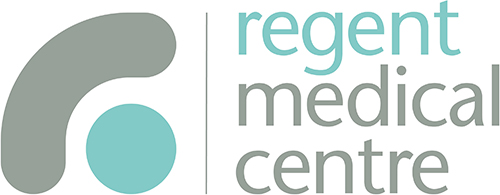Menopause Awareness Day: Managing Symptoms with Hormone Therapy
Menopause Awareness Day is on October 18th.
The theme for 2024 is Hormone Therapy and understanding treatments that manage symptoms.
What is Menopause?
Menopause is a natural part of ageing. Hormone levels drop, the ovaries stop releasing eggs, and periods stop.
It usually happens between 45 and 55, but some women can start as early as 35.
Before menopause, many women go through a stage called perimenopause. During this time, periods may become irregular, and women may notice different symptoms.
Common Symptoms of Menopause
Every woman’s experience is different, but here are some common ones:
- Hot flashes
- Night sweats
- Mood changes
- Sleep problems
- Weight gain
- Vaginal dryness
No two menopause stories are the same. Some people have lots of symptoms, others none.
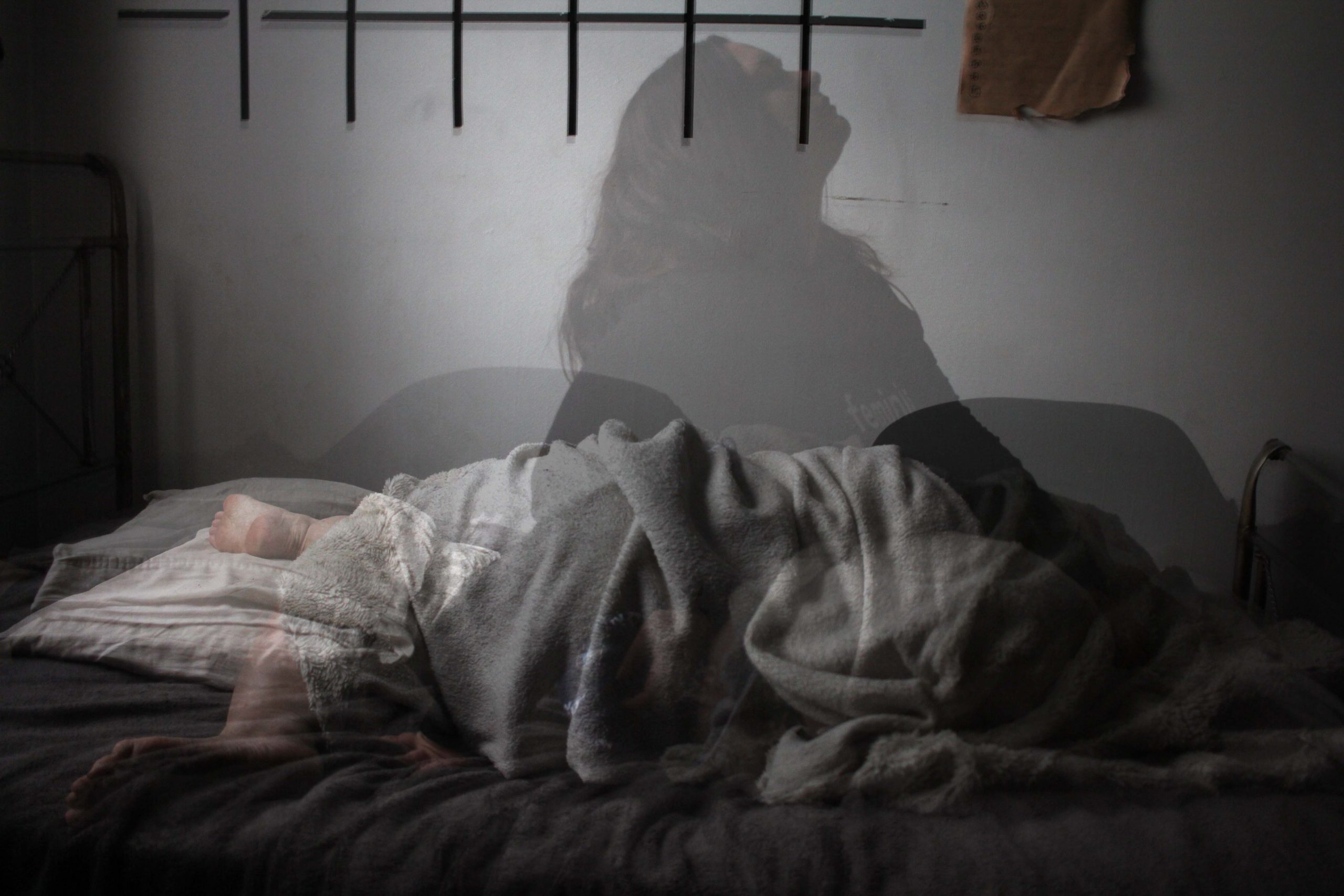
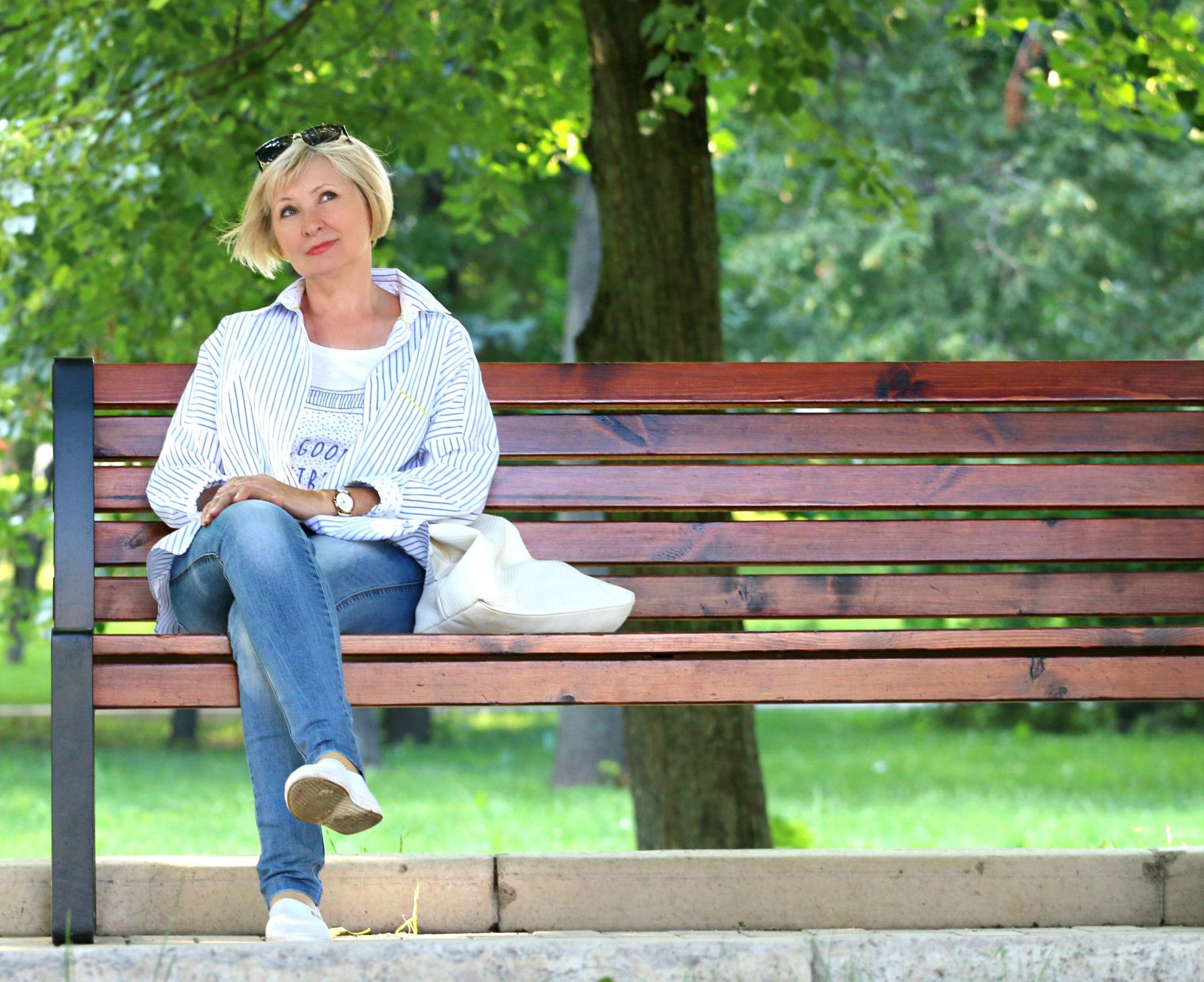
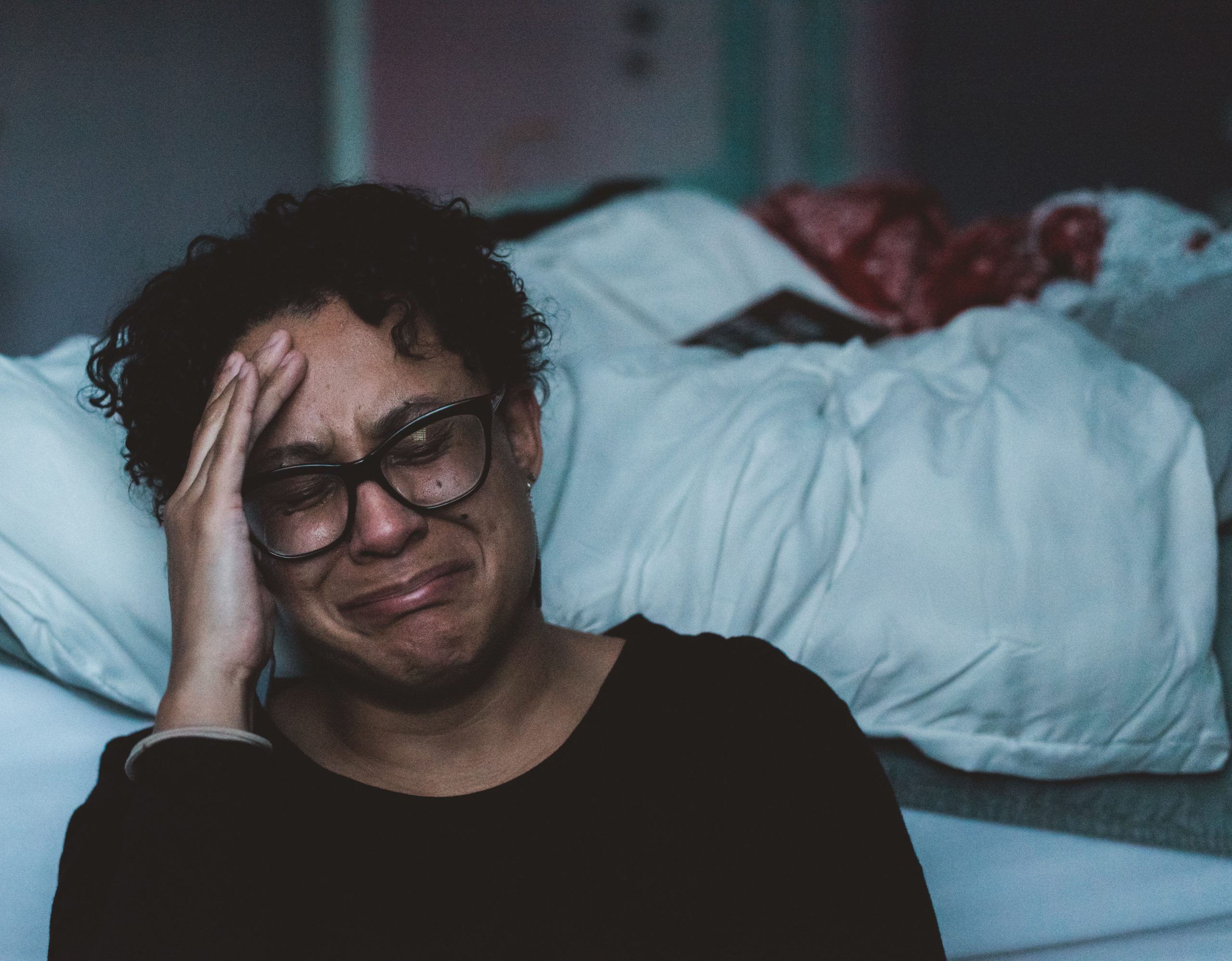
Why Is Menopause Awareness Day Important?
Every woman goes through menopause, but many feel shy or embarrassed to talk about their symptoms.
Menopause Awareness Day is about open conversations, making it easier for women to share their experiences and ask for help.
Managing Symptoms
A healthy, active lifestyle can help with your symptoms.
A balanced diet, regular exercise, cutting back on alcohol and not smoking are all good tips.
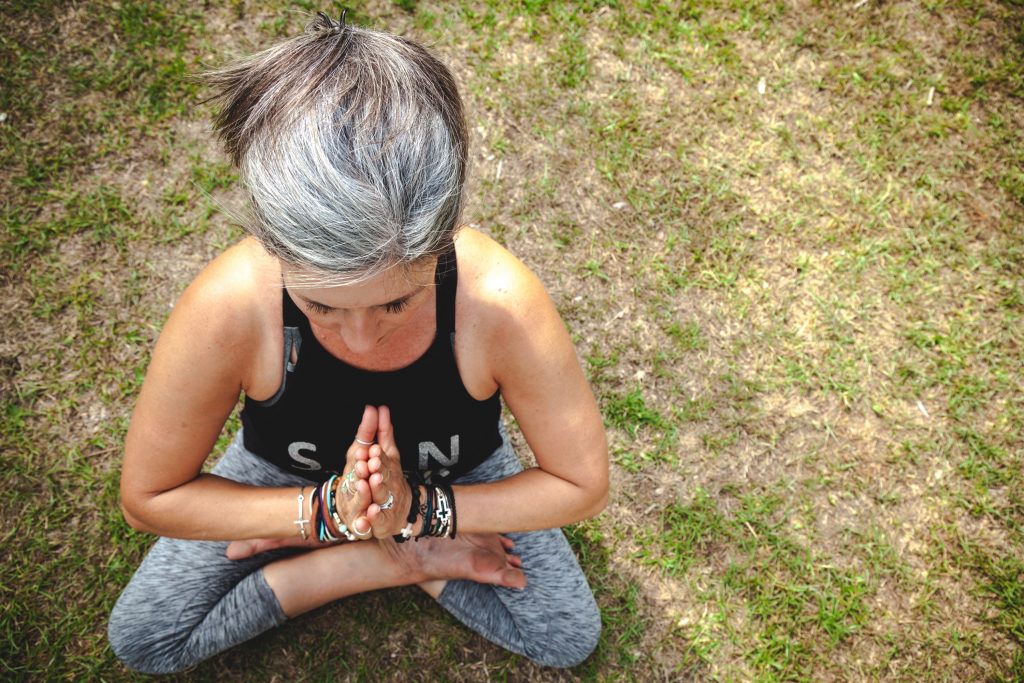

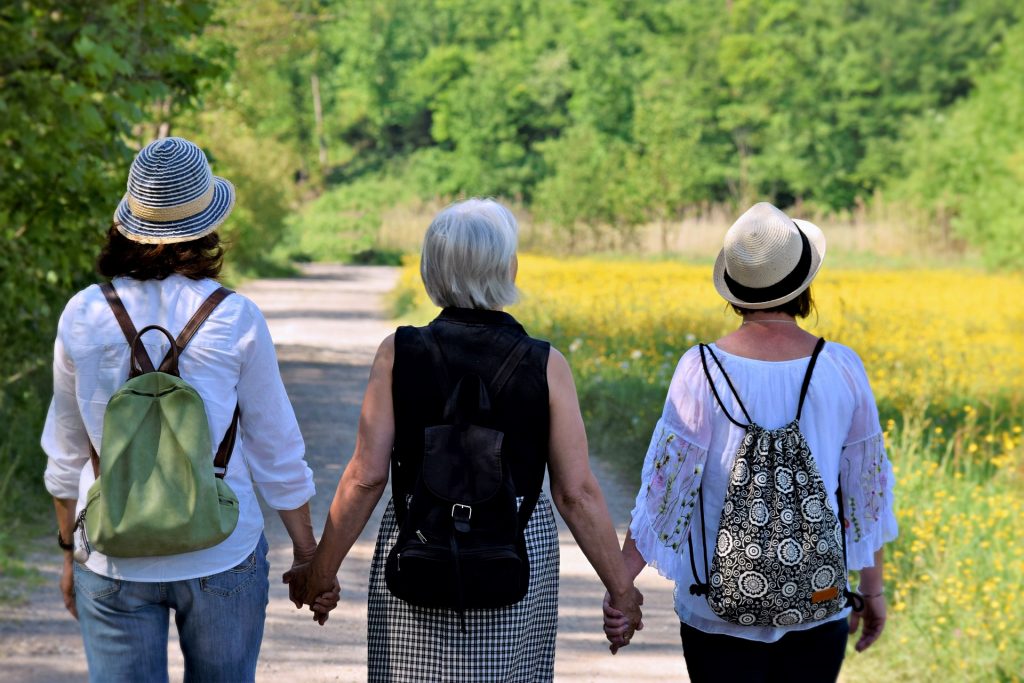
It’s also important to look after your mental wellbeing. Menopause is a significant life change. The drop in hormone levels can also affect your mood.
Yoga, tai chi and meditation can help you relax. Talking therapies can help with low mood or anxiety.
Treatment
The most common treatment – and this year’s menopause awareness theme – is hormone replacement therapy (HRT).
Taking hormones like oestrogen and progesterone can relieve symptoms, making life easier and more comfortable. HRT can be taken as pills or applied through gels, sprays or patches.
The first step is to talk to your GP about HRT.
Remember, you don’t have to wait until your periods stop entirely or symptoms become severe to seek help.
Support
Menopause Awareness Day is also about telling people what support is out there.
You might like to visit:
- NHS Information on menopause and perimenopause
- NHS or private clinic finder
- The British Menopause Society
- Menopause Matters
- The Menopause Charity
- Menopause Support
- The Daisy Network, supporting premature menopause
- Queermenopause, supporting the LGBTQIA+ community
- Menopause Café events
